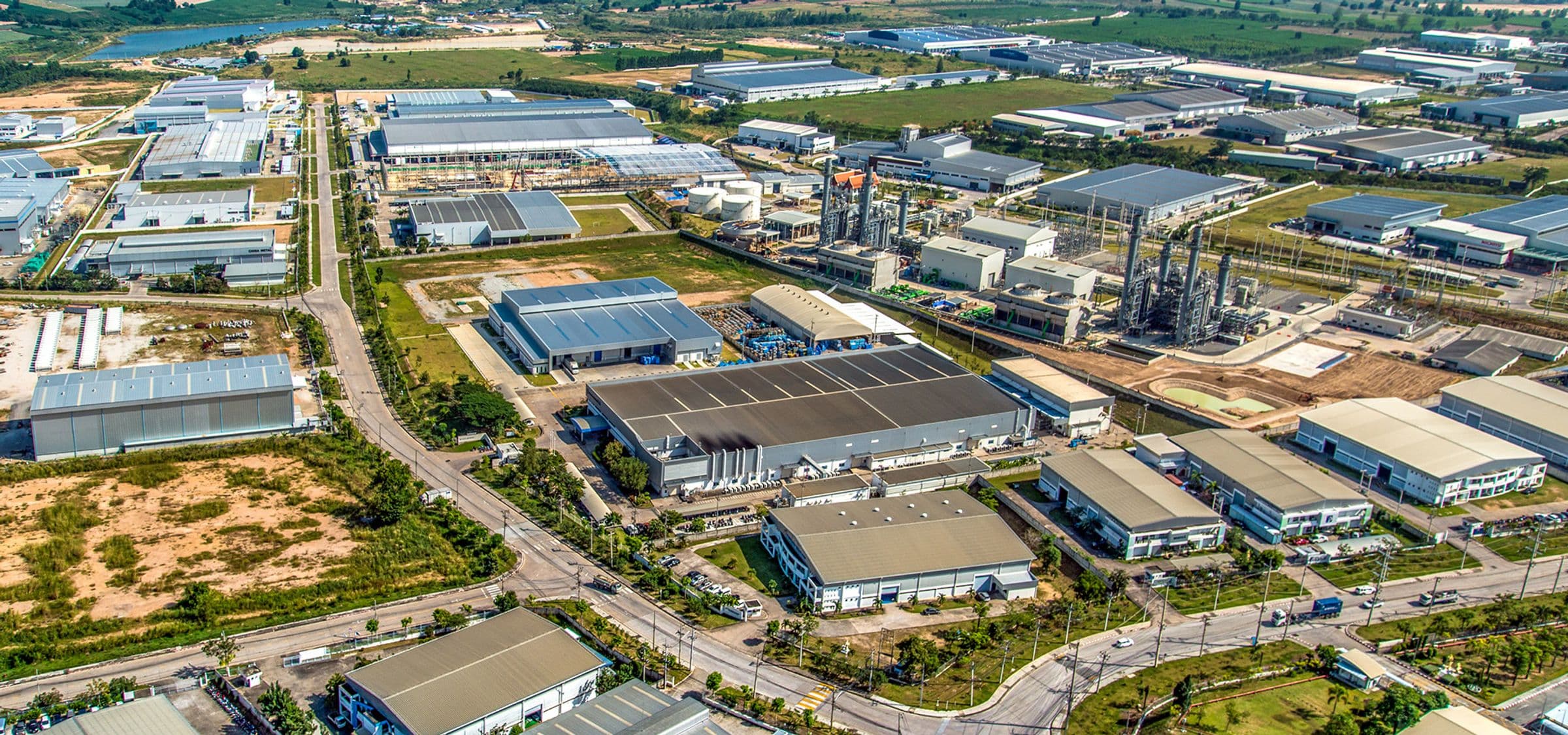Industrial Real Estate Investing & Industrial Parks

Industrial real estate has emerged as one of the most attractive sectors for investors in recent years. With the ongoing surge in e-commerce, supply chain restructuring, and technological advancements, industrial parks and properties have become essential assets. As we look ahead, there are several key factors that investors should pay close attention to when considering industrial real estate investments.
E-commerce and Demand for Warehousing
The exponential growth of e-commerce is perhaps the most significant driver of demand for industrial real estate. Online retailers and logistics companies require extensive warehousing and distribution facilities to store and move goods efficiently. This trend is expected to continue, with e-commerce sales projected to grow steadily over the next decade.
Investors should focus on properties that are strategically located near major transportation hubs, such as highways, ports, and airports. Proximity to urban centers is also crucial, as it facilitates last-mile delivery, which is a critical component of the e-commerce supply chain. Properties with modern facilities that can accommodate high volumes of goods and offer advanced logistics capabilities will be particularly valuable.
Supply Chain Optimization
Supply chain optimization is another critical factor influencing industrial real estate. Companies are increasingly looking to streamline their operations, reduce costs, and enhance efficiency. This has led to a rising demand for well-designed industrial parks that offer state-of-the-art infrastructure and connectivity.
Investors should consider industrial parks that provide integrated solutions, including warehousing, distribution, manufacturing, and office spaces. These parks should also offer robust infrastructure, such as high-speed internet, reliable utilities, and advanced security systems. The ability to support automation and robotics is an added advantage, as these technologies are becoming integral to modern supply chain management.
Technological Advancements
Technological advancements are revolutionizing the industrial real estate sector. Automation, robotics, and the Internet of Things (IoT) are transforming how industrial properties are managed and operated. Smart warehouses equipped with these technologies can significantly enhance operational efficiency and reduce costs.
Investors should prioritize properties that are designed to incorporate these technological innovations. Facilities with advanced automation capabilities, such as automated storage and retrieval systems (AS/RS), can handle goods more efficiently and reduce labor costs. IoT-enabled buildings that provide real-time data on operations and maintenance can help optimize performance and minimize downtime.
Sustainability and ESG Considerations
Sustainability and Environmental, Social, and Governance (ESG) considerations are becoming increasingly important in industrial real estate investing. Investors are recognizing the long-term benefits of sustainable practices, including energy efficiency, waste reduction, and lower operating costs.
Industrial parks that prioritize sustainability are likely to attract more tenants and investors. Features such as energy-efficient lighting, solar panels, and water recycling systems can enhance a property's environmental profile. Additionally, buildings that meet green certification standards, such as LEED (Leadership in Energy and Environmental Design), are often more attractive to environmentally conscious tenants and investors.
Market Trends and Economic Factors
Understanding market trends and economic factors is crucial for making informed investment decisions. Investors should keep an eye on macroeconomic indicators, such as GDP growth, interest rates, and employment levels, as these factors can influence demand for industrial real estate.
The industrial real estate market is also influenced by sector-specific trends. For example, the rise of nearshoring – where companies move production closer to their primary markets – can drive demand for industrial properties in certain regions. Investors should stay informed about these trends and consider how they might impact the supply and demand dynamics in their target markets.
Location and Accessibility
Location is a fundamental consideration in industrial real estate investing. Properties situated in prime locations with excellent transportation links are more likely to attract tenants and retain value over time. Investors should evaluate the accessibility of industrial parks to major highways, rail networks, ports, and airports.
Additionally, the availability of a skilled labor force is an important factor. Industrial parks located near urban centers or regions with a strong industrial workforce are more likely to attract tenants. Proximity to suppliers and customers can also enhance a property's appeal, as it reduces transportation costs and improves supply chain efficiency.
Risk Management and Diversification
Risk management is an essential aspect of industrial real estate investing. Investors should conduct thorough due diligence, including property inspections, market analysis, and financial assessments. Understanding the risks associated with each investment and implementing strategies to mitigate them is crucial for long-term success.
Diversification can also help manage risk. By investing in a portfolio of properties across different locations and sectors, investors can spread their risk and reduce exposure to market fluctuations. Diversification can also provide a more stable income stream, as the performance of individual properties may vary.
Industrial real estate investing offers significant opportunities, particularly in the context of growing e-commerce, supply chain optimization, and technological advancements. By focusing on strategic locations, modern facilities, sustainability, and market trends, investors can capitalize on the evolving industrial real estate landscape.
Investors who stay informed about the latest developments in the sector, prioritize properties with strong fundamentals, and implement effective risk management strategies will be well-positioned to achieve long-term success in industrial real estate investing. As the demand for industrial parks and facilities continues to rise, those who make informed and strategic investment decisions will reap substantial rewards.
Contact Us Now for More Information
Phone: 866-427-3386